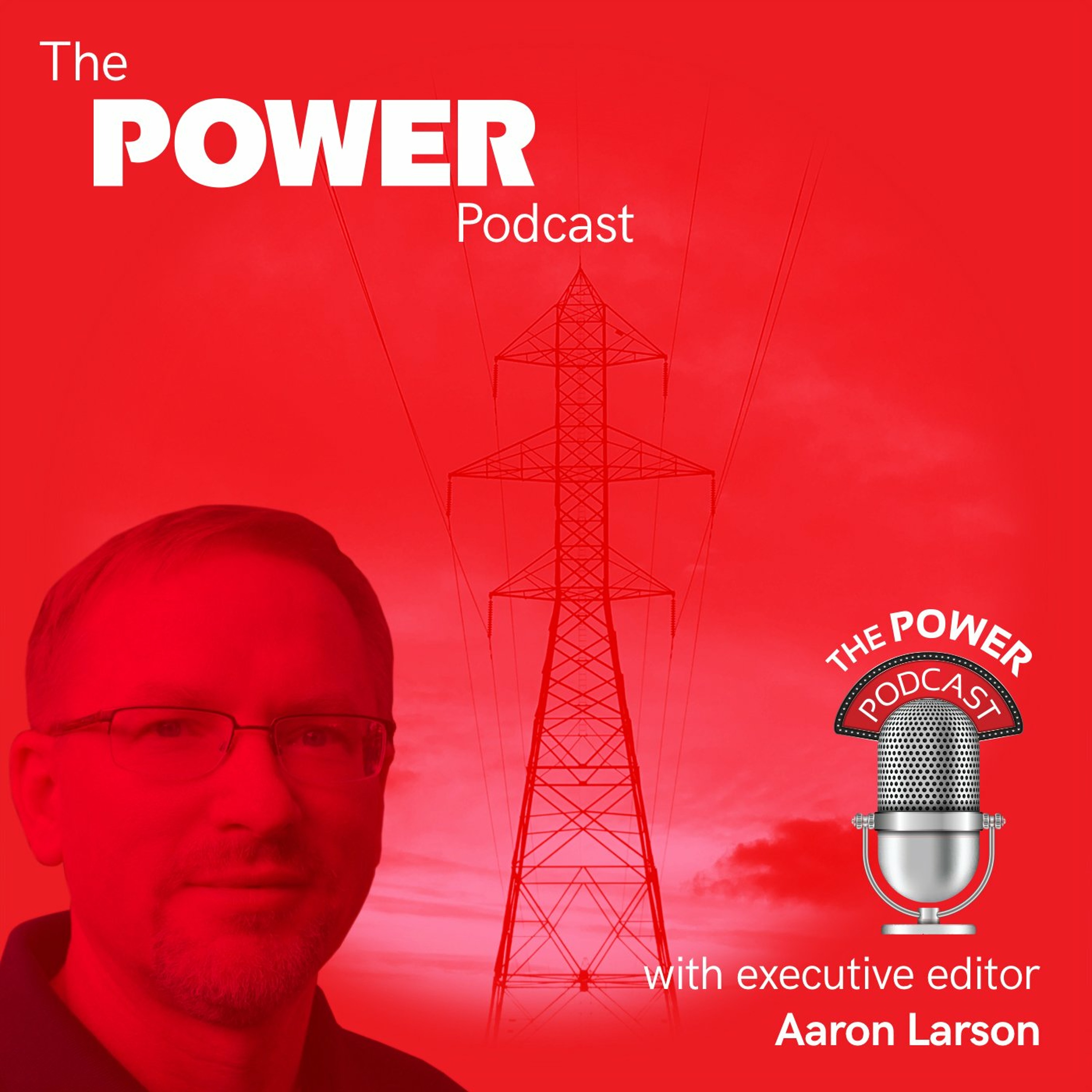
20. What Is Coal's Future? — Charley Ebinger
The POWER Podcast
Shownotes Transcript
The Jackson Hole Center for Global Affairs—a bipartisan think tank—will host the “Jackson Hole Global Forum: Climate Solutions, Coal Communities, and Economic Diversification” in Wyoming, November 8–9, 2018. Among the sessions on day one is a panel titled “What Is Coal’s Future?” Charles K. Ebinger, nonresident senior fellow with the Atlantic Council, will be one of the panelists. Ebinger touched on some of the issues facing the coal industry on an episode of The POWER Podcast. He said the question—“What is coal’s future?”—really needed to be answered in two parts: one addressing challenges in the U.S. and the other taking a broader look at coal usage around the world. Although coal faces stiff headwinds in the U.S., demand in Asia is very robust, growing 5% or more per year in some places. The fact is, hundreds of millions of people still do not have electricity in various parts of the world, and hundreds of millions of others don’t have truly reliable sources of power. Furthermore, the industry employs a very large number of people globally and scaling back coal is considered political suicide for government officials in many parts of the world. Ebinger said the U.S. has a major role to play in combatting climate change through the development of carbon capture and sequestration (CCS) technology. He suggested proving CCS technology viable, and exporting it around the world, could offer economic benefits at home, while helping to reduce global carbon emissions. Ebinger said there are challenges, but with the right backing, breakthroughs may be possible. The podcast includes some climate change discussion and briefly touches on the future of nuclear power in the generation mix, including talk about small modular reactors and potential changes needed in the regulatory process. The forum in Jackson Hole offers global perspectives on energy, climate, and economics. A keynote presentation by Han Wenke, former director general for China’s Energy Research Institute of the National Development Reform Commission is sure to be interesting. Other sessions include policy models, climate change and national security, wind and economic diversification, blockchain as an economic growth driver, and more.